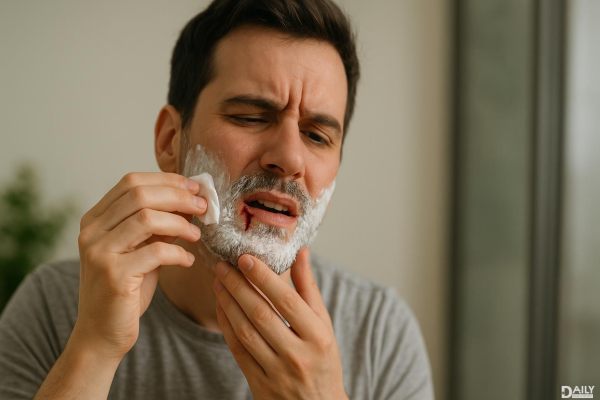As people age, body hair gradually grows in. The hair in the private area, also known as pubic hair, is a secondary sexual characteristic. Most people have pubic hair after reaching maturity. However, due to various factors, some women may find that they do not grow hair in their private area.
So why do some people not have hair down there?
1、Related to genetic factors
The absence of hair in the private area is often congenital, so this condition is largely associated with hereditary factors. The growth of pubic hair, like hair in other parts of the body, is influenced by genetic makeup. Some people are naturally prone to sparse hair growth, so it’s not uncommon for them to have no hair in their private area.
2、Related to hormone levels
Higher hormone levels can stimulate thicker and denser hair growth. However, if someone has congenital issues affecting hormone secretion or experiences hormonal imbalances, it can lead to the absence of hair in the private area. That said, there’s no need to worry too much about this affecting sexual harmony or fertility. Generally, hormone levels can be regulated and improved over time, so the impact of congenital hormonal issues is usually minimal.
3、Influenced by medication or disease
The body can be more susceptible to abnormal reactions caused by organic factors, such as diseases, medications, chemical products, or physical substances. For example, long-term use of hormonal drugs can cause drastic fluctuations in hormone levels, leading to imbalances and resulting in pubic hair loss. Additionally, certain illnesses can cause health abnormalities, leading to irregular hair growth. In this case, the hair in the private area may originally grow normally but could stop growing or fall out due to these organic factors, resulting in the absence of hair.
4、Primary pathological condition
This refers to congenital developmental abnormalities. For instance, if a woman has congenital gonadal dysgenesis, it can lead to chromosomal deficiencies, causing abnormal development and resulting in the absence of hair growth. Other issues, such as anovulation or infertility, may also arise.
If there is no hair in the private area, it could be due to congenital genetic factors, primary pathological conditions, or acquired factors like medication or disease. Therefore, a detailed analysis of the cause is necessary. If it’s diagnosed as a disease or other organic factors, timely treatment is essential.
























